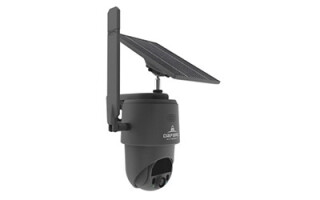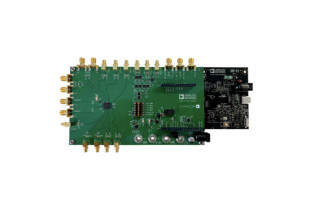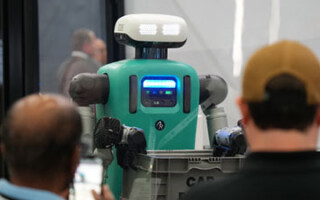Rapid product design streamlines FDA approval for wearable biosensors
January 29, 2016
Blog

Every year in the United States, over one hundred million outpatients are diagnosed with gastrointestinal (GI) disorders and for 70% of these patients...
Every year in the United States, over one hundred million outpatients are diagnosed with gastrointestinal (GI) disorders and for 70% of these patients, a GI disorder is their first diagnosis. As the rates of obesity and life expectancy continue to increase in the American population over the next decade, the current costs of care for GI disorders—which are now estimated at $140 billion, including indirect costs—will continue to spiral upwards. One contributing factor to the increasing costs of caring for patients with GI disorders is that the most common methods for monitoring and diagnosing these issues either rely on traditional instruments like the stethoscope or on procedures that are both expensive and invasive.
The AbStats acoustic gastrointestinal surveillance (AGIS) biosensor, recently developed by UCLA’s Wireless Heath Institute (WHI) and distributed and licensed by GI Logic, provides a cost-effective device that can non-invasively monitor and diagnose GI disorders. Specifically, the AbStats system employs an embedded computer to detect and predict the onset of post-operative ileus based on real-time classifications and movements of the sounds emanating from the abdomen. The result is a wearable device that patients can use either in ambulatory care or in the comfort of their own home, allowing physicians to remotely recommend post-operative feeding schedules based on the current state of a patient’s digestive system.


According to William J. Kaiser, professor at UCLA in electrical engineering and co-director of WHI, the impact of continuous monitoring available from wearable biosensors addresses urgent, unmet needs in a broad range of healthcare disciplines. He claims that this general area is growing at an exceptional rate and promises to provide a fundamental advance in the delivery and quality of healthcare while reducing healthcare costs.
Aside from saving U.S. hospitals $2.7 billion annually by shortening the average patient stay by at least one day, the AbStats system reduces patient harm by accelerating the healing process, reducing infection rates, and lowering 30-day readmission rates. These impacts on the health care system translate to further economic benefits for U.S. hospitals by both freeing up an estimated 4.5 million hospital hours and potentially servicing an additional 750,000 patients.
Central to the success of AbStats is the development of a compact and energy-efficient acoustic sensor built around an embedded computer powerful enough to handle large amounts of medical data. For these kinds of reasons, the WHI team chose the Gumstix Linux-based Overo Earth computer-on-module (COM) system integrated with a customized expansion board designed by the WHI team using Geppetto, a web-based application that lets engineers design and optimize their own COMs and expansion boards to their exact technical specifications.

Geppetto provided some unique advantages. For example, the software allows for the optimization of both computational performance and energy efficiency, while providing an easy-to-use interface for specifying the exact physical scale of the circuit board.

The expansion board customized by the WHI team is designed to integrate with the Overo Earth COM, which has a 600-MHz ARM Cortex-A8 processor, 512 Mbytes of RAM and 512 Mbytes of NAND flash memory, enough compute power to run the predictive and diagnostic acoustic software required by the AbStats system. The expansion board can also connect to a 5-in. Newhaven LCD with cap touch screen, providing an interface to effectively communicate with patients and physicians.
AbStats is just one of several successful products developed by the members of UCLA’s WHI. Another team, led by Majid Sarrafzadeh, distinguished professor in computer science at UCLA and co-director of WHI, have developed WearSens, a wearable nutritional monitoring system. And other company, Wada Health, directly collaborated with members of WHI to develop machine-learning algorithms that assign risk scores for congestive heart patients. By taking advantage of portable, embedded, computing and new predictive algorithms created by computer scientists, WHI will surely continue to create much needed and innovative medical products for the foreseeable future.
Chris French has a PhD in philosophy from the University of British Columbia and has interests in DIY computing, engineering design, and programming.




